MAP: Large Grants Scheme
Mobile Arts for Peace is delighted to launch its Large Grants funding scheme for researchers at all levels, supporting research that considers how arts-based research approaches can support structures and modes of communication between youth and policymakers in each of the four project countries.
Applications for Large Grants will open in December 2020. Applications forms and deadlines for applications will be available on this webpage. Awards can be for between 6 and 18 months in duration but must be completed by the end of June 2021. Two upcoming webinar workshops will focus on drafting the Call for Applications. These workshops will be hosted on Zoom on 24th November 2020 (9:30am-1pm UK time) and 26th November 2020 (10am-1:30pm UK time). Please contact Professor Ananda Breed (A.Breed@lincoln.ac.uk) and Dr Christina Brennan (C.Brennan@lincoln.ac.uk) to register interest.
A key aim of MAP is to deliver a comparative study of the use of interdisciplinary arts-based practices for peacebuilding in Kyrgyzstan, Rwanda, Indonesia and Nepal. It explores how pathways to peace may be shaped by diverse political, cultural, religious and linguistic factors, as well as the crosscutting issues of gender and intersecting inequalities, environments and the exclusion of children and youth from policymaking processes.
MAP operates across three core components: a) project design and delivery; b) research; and c) arts-based practice that run throughout three strands of activities.
Strand One currently involves scoping visits, literature reviews, community mapping and training of adult and child/youth facilitators in arts-based methods for dialogue and research.
This video introduces Phase One research projects in Kyrgyzstan, Rwanda, Indonesia and Nepal.
MAP is working in partnership with researchers at Higher Education Institutions (HEIs) across the UK and Official Development Assistance (ODA)-recipient countries, using research findings to develop new methods, case studies and practical toolkits, for engaging children and young people with using arts-based approaches to build new communication structures for peacebuilding. In the process we seek to draw out similarities and divergences across the four countries and to consider questions of scalability and transferability, in order to inform youth policy at an international level.
During Strand Two, up to 3 small grants of £5,000 will be awarded in each of the four countries for child/youth and adult MAP trainers to work alongside CSOs to develop projects that address local issues that may incorporate (but are not limited to): child rights-based decision-making; child protection and peacebuilding. Up to 2 grants of £29,500 in each of the four countries for youth to work alongside policy-focused organisations to explore arts-based communication structures. Up to 4 large grants of £100,000 in each of the four countries for researchers of any level and partnering organisations to design and deliver effective monitoring, evaluation and impact delivery alongside the small and mid-size grant awardees. One additional large grant of £100,000 will be awarded in the final two years of the project to synthesize findings, drawing out similarities and divergences across the four countries and to consider questions of scalability and transferability, in order to inform youth policy at an international level.
Strand Three will involve the coordination of community-based dialogue groups and MAP Clubs to inform policy and establish communication structures alongside synthesis and dissemination. The project will be working alongside cultural organisations, youth-serving CSOs, conflict and peace building CSOs, government institutions and ministries, higher education institutions, conflict management, and psychosocial wellbeing organisations. In this way, the project promises diverse impact at local, national and international levels.
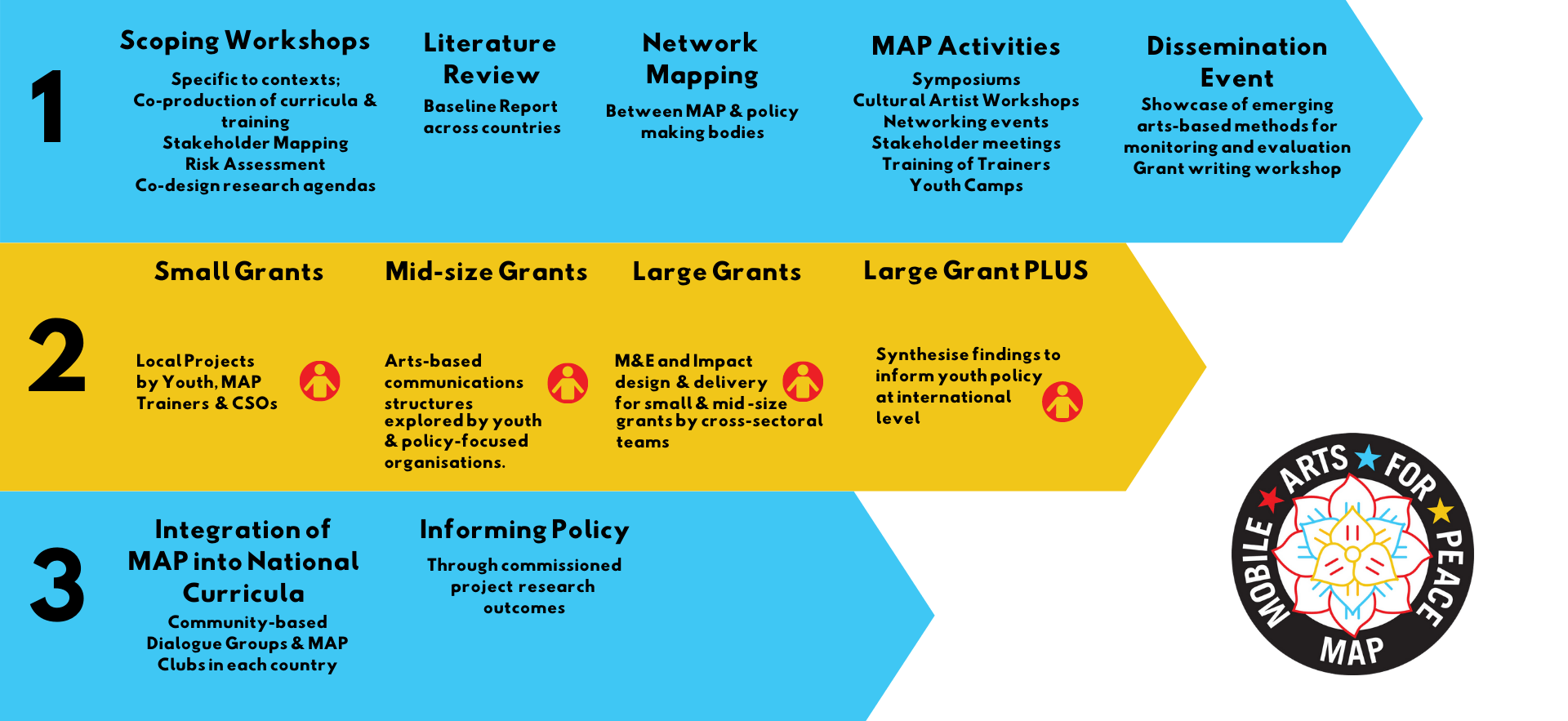
Mobile Arts for Peace explores the following research questions:
1. How can different art forms be used to co-design, deliver and evaluate peacebuilding curricula and other approaches for working with children and youth to address local conflict issues?
2. How might cultural forms be used for dialogue with and between children and youth, educators and policy makers to advance peacebuilding through a local and indigenous approach?
3. How might psychosocial support, including local healing practices, be better integrated within peacebuilding approaches by using the arts to promote the wellbeing of children and youth, especially those from marginalised groups?
4. How can cultural forms be incorporated into child- and youth-led participatory action research methodologies and adapted for the purposes of the design, undertaking and delivery of interdisciplinary projects in diverse social, political and cultural contexts?
5. How might these cultural forms be used to create alternative spaces and communication structures for peacebuilding approaches and curricula development to inform local, national and international approaches to peacebuilding?
Applications for Large Grants will open in December 2020. Applications forms and deadlines for applications will be available on this webpage. Awards can be for between 6 and 18 months in duration but must be completed by the end of June 2021. Two upcoming webinar workshops will focus on drafting the Call for Applications. These workshops will be hosted on Zoom on 24th November 2020 (9:30am-1pm UK time) and 26th November 2020 (10am-1:30pm UK time). Please contact Professor Ananda Breed (A.Breed@lincoln.ac.uk) and Dr Christina Brennan (C.Brennan@lincoln.ac.uk) to register interest.
Eligibility for Large Grant Applications
Each grant application must designate a Main Applicant (that is, Principal Investigator). This is the person to whom the grant will be assigned and who will be responsible for the leadership of the project including the reporting of progress, expenditure and outputs. The Main Applicant for a grant can be from Kyrgyzstan, Rwanda, Indonesia and Nepal.or the UK. We will give preference to those who generally get less access to funding opportunities.
Large grants must include a UK scholar as part of the team either as Co-Applicant or as a Main Applicant. UK applicants must be based in a UK research organisation or University.
Large grants must have someone from Kyrgyzstan, Rwanda, Indonesia and Nepal either as Main Applicant or as a Co-Applicant. Applicants from Kyrgyzstan, Rwanda, Indonesia and Nepal. could be from an NGO, University, Research Institute, Arts or Cultural Organisation, or Social Enterprise. Please contact Professor Ananda Breed (A.Breed@lincoln.ac.uk) and Dr Christina Brennan (C.Brennan@lincoln.ac.uk) if this poses difficulties or if you have any questions about affiliating with a host organisation. Please contact us if you require assistance to find a UK partner or to discuss collaborations.
In addition to the Main Applicant, applications can also include up to three Co-Applicants from institutions based in Kyrgyzstan, Rwanda, Indonesia and Nepal or the UK. The role of a Co-Applicant is to assist the Main Applicant in the management and leadership of projects as well in carrying out research.
Applicants may be researchers in the broadest sense of the term – people who wish to undertake an inquiry or exploration through arts-based methods (e.g. music, film, theatre, art, interviews, conversation, observation etc.). Scholars, artists or cultural and creative industries may apply.
A grant must be used for Monitoring and Evaluation activity and to assess the impact of Phase One research in Kyrgyzstan, Rwanda, Indonesia and Nepal. You are encouraged to include costs for supporting your project (e.g., through training, mentoring or guidance) and mentors, consultants or project partners may be included from any country.
Grant holders will be required to periodically produce reports detailing progress, expenditure and outputs. Grantees are required to make the materials collected Open Access (for rules about Open Access: http://www.ahrc.ac.uk/about/policies/openaccess/).
Mobile Arts for Peace Large Grants Workshops: 24th November and 26th November 2020
24th November 2020: Activities for this first workshop will include an overview of MAP activities and presentations of Phase One research activities in all four in-country teams.
26th November 2020: Activities for this second workshop will include an overview of MAP’s Monitoring and Evaluation Framework and presentations from interested applicants.
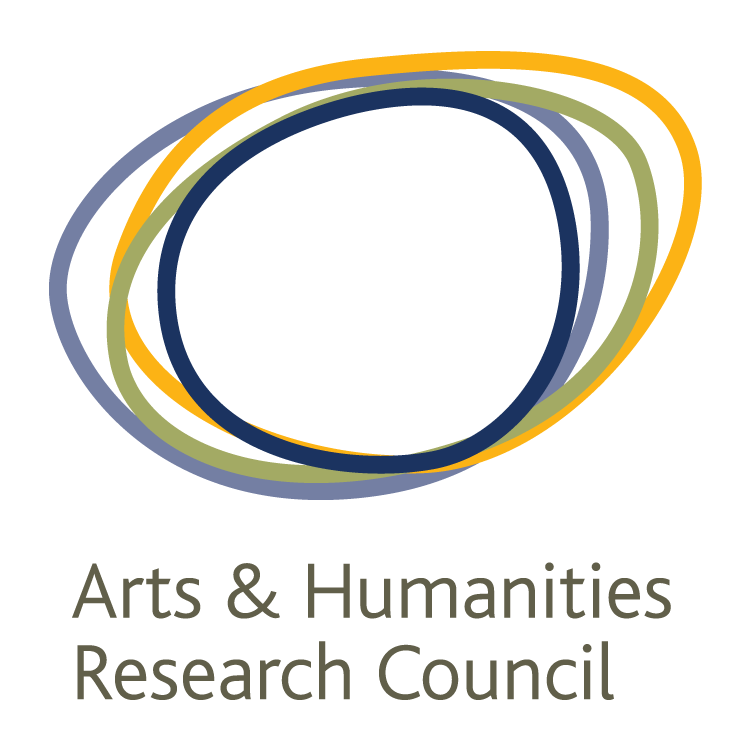

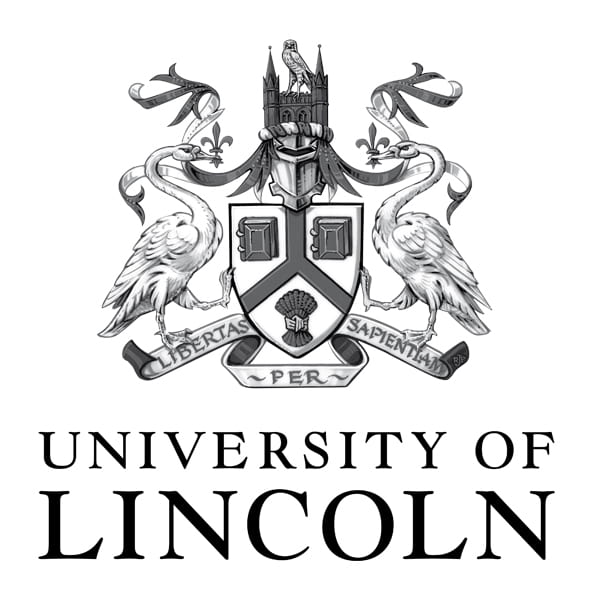
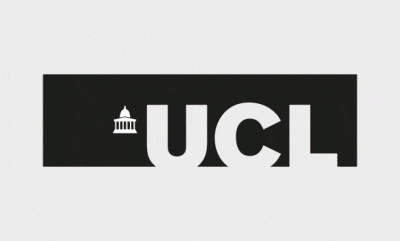
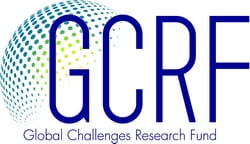
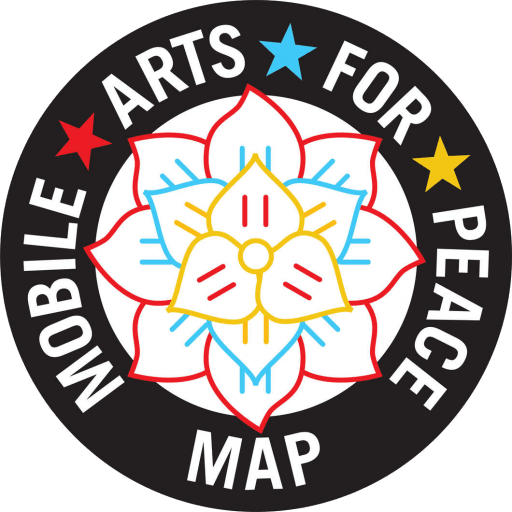
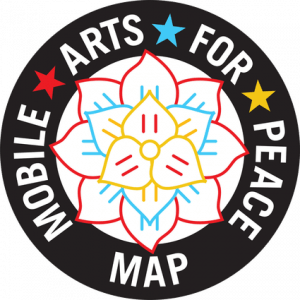
Recent Comments